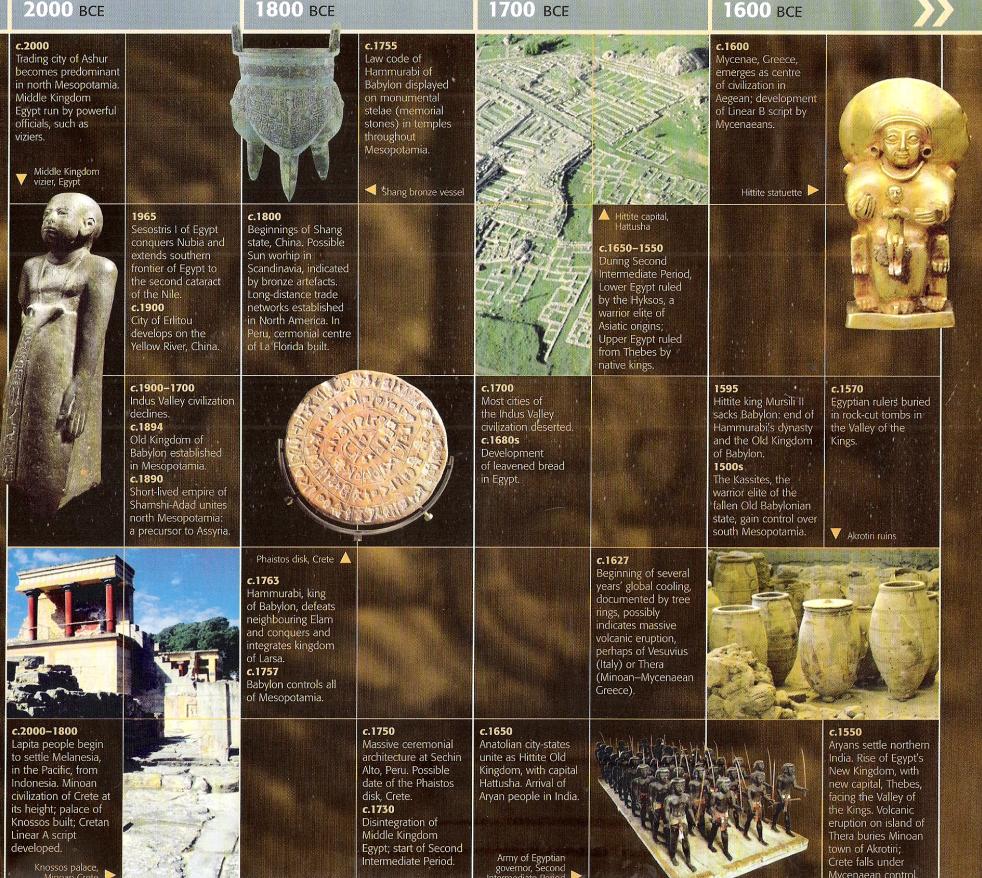
|
World-Journal: Before the Out of Africa |

|
World-Journal: How Humans
Populated the World |

|
World-Journal: After the Ice Age |
|
|

|
World-Journal: The Birth of Civilisation
and Globalization |

|
World-Journal: The Birth of
Modern Religion |

|
World-Journal: Roots of
Divinely Ordained Nationalism? |

|
World-Journal: War and Peace |

|
World-Journal: Early State
Case Study P.1 |

|
World-Journal: Early State Case Study P.2: Research
Methodology |
|
|

|
|


|
World-Journal: Early
Chinese Empires |

1
|
World-Journal: Globalization
Total |

|
World-Journal: A Devided Jerusalem? |

The spread of Buddhism into Bactria, during the second
half of the first century AD, coincided with a period of major changes in
Buddhist art. Hence this Bodhisattva deriving from Gandhara with the
distinctively Central Asian, acanthus leaves originating in the west. Enter:


|
World Journal: What is With
Rome? |

|
World Journal: Sanskrit an
Early Language Empire |

|
World Journal: The Way of
Conquering Empires |

|
World
Journal: Charlemagne's Europe |

|
World Journal: The First
Chinese Empires |

|
World Journal: Gaul's Early
France in Search for Europe |

|
World Journal: Who was Afraid of Globalization? |

|
World Journal: Crosroad
Mughal India |

|
World Journal: Silk Road's
Oceanic Power |


|
World Journal: The Way to
Empires |

|
World Journal: Globalising Passage to India |

|
World Journal: The British
Company's Bengal Presidency |

|
World Journal: Moghul India
Befor 'Columbus' |

|
World Journal: The decay of
the Mughal Empire |

|
World Journal: Europe in Asia |


|
World Journal:
End of The Afghan-Islamic Empire |

|
|

|
World Journal: 19th Century
Politics/Social Democrats |

|
World Journal: The Scramble
For Africa |

|
World Journal: Third Rome
Russia |

|
World Journal: European
Culture Clash |

|
World Journal: Step Towards
Decolonisation |

|
World Journal: World Revolution |

|
World Journal: The Holocoast Complot |



As we
have seen in P.3 of our introductory overview
at the start of this website, the long decline of the Ottoman Empire opened the
door for the rising force of Europe to push its way into the Middle East. To
begin with the pressure was almost surreptitious; it was hard to recognize and
it was not part of a strategy for weakening the Empire but for gaining a tiny
share of its fabulous wealth. In the 16th century, special trading rights and
tariff concessions granted to foreign governments - known as 'capitulations' -
were initially an indication of Ottoman power. The poorer West came to the
Sultan to seek special permission to trade. But the system meant that
profitable trade increasingly fell into Western hands and by the 19th century,
the capitulations were both a cause and a symptom of the Empire's economic
weakness and its inability to modernize in the face of the European challenge.
Increasingly during the 19th century, European trading and financial strength
was not simply overwhelming the Ottoman grip on its peripheral regions, but
weakening its economic core. After trade came raw power. Suleiman the
Magnificent had been baulked outside Vienna in the 1530s. A later Caliph was
defeated 150 years later in the same place and the Empire's European dominions
began to contract. A further century later, a French force landed in Egypt as
an outgrowth of a western European war and batted aside a much larger Egyptian
force, bringing to an end six centuries of power held by the Mamluks, who
controlled Egypt but were subject to the Ottomans. Napoleon Bonaparte's
Egyptian victory was tarnished by the arrival of a British fleet that destroyed
his supply system and cut short his Middle East venture. Were it not for that,
the consequences of Bonaparte's victory might have been more lasting. As it
was, Bonaparte not only brushed aside the Mamluks but smashed the image of
Ottoman superiority. This was a decisive blow to Ottoman self-confidence and
capacity to exercise far-flung power - and by the same token, a fillip to
western European self-confidence and ability to win local allies.
On the
back of trade and military superiority came - selectively at first, more or
less comprehensively in the end - the urge to influence, control and rule.
Through a combination of treaty agreements with local elites and military
presence, the web of European influence and control spread. Algeria was the
first major territory to come under direct European occupation, but further to
the east the British were already nibbling at the fringes of Ottoman territory
in the Arabian pensinsula. That reflected a basic
geostrategic pattern of European colonial expansion. The British einphasis was in the eastern half of the region, the French
in the west. Not until after World War I - when France's rights as an ally were
hard even for the British government to deny -

|
World Journal: 20th Century
Turkey and Japan |

|
World Journal: The Great
Asian War |


|
World Journal: True History
of the EC |

|
World Journal: Japan's Return |

|
World Journal: The Future
of Democracy |


|
World Journal: The New
Suicide Jihad |


World Journal: What Next With
US Hegemony?
For updates
click homepage here


